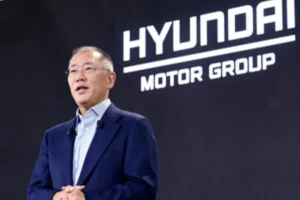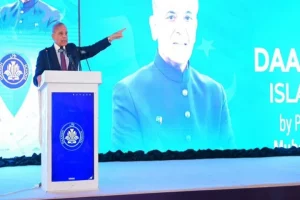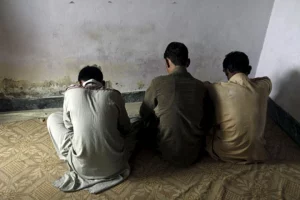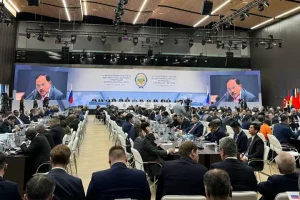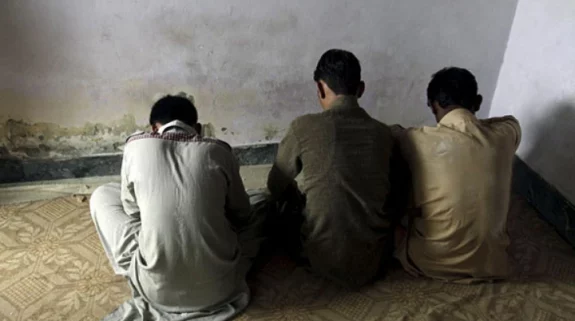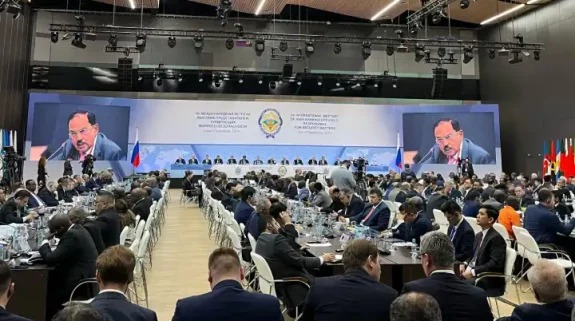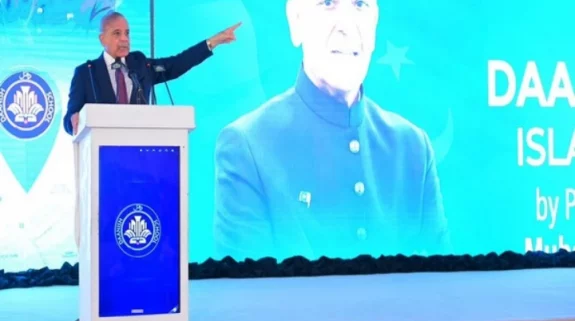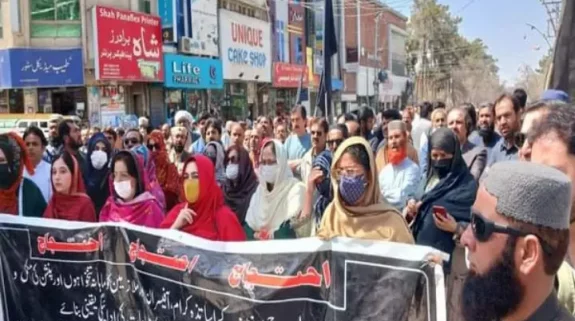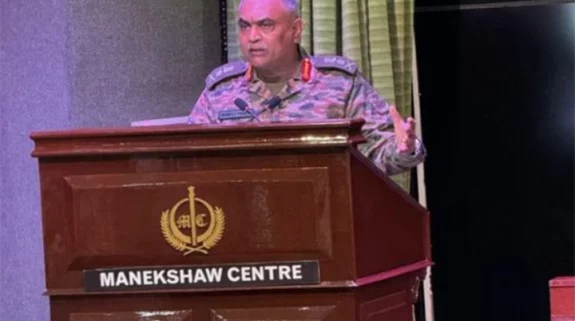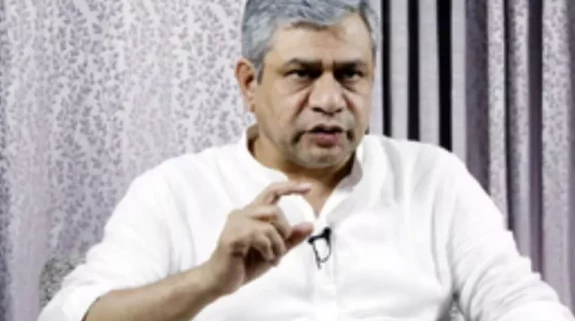It was a moment of achievement for the entire African continent when the World Health Organization (WHO) announced yesterday that polio is no longer endemic in Nigeria.
The west African country has not reported any case of wild poliovirus since July 24, 2014, and the last 12 months have passed without new cases, says WHO. This makes the vast continent of 54 varied and diverse countries polio-free—a major achievement for the African and world community, and that too in the year of the coronavirus.
“The outstanding commitment and efforts that got Nigeria off the endemic list must continue, to keep Africa polio-free,” said former Director-General of WHO, <a href="https://www.un.org/africarenewal/news/polio-no-longer-endemic-nigeria-%E2%80%93-un-health-agency"><strong>Margaret Chan</strong></a>. “We must now support the efforts in Pakistan and Afghanistan so they soon join the polio-free world.”
The decades-long campaign against polio in Nigeria has not been easy due to the raging insurgency by <a href="https://news.un.org/en/story/2020/07/1069021"><strong>militant group Boko Haram</strong></a>—fighting to create an Islamic caliphate in the country.
Thanking the WHO, Dr Faisal Shuaib, ED of the National Primary Health Care Development Agency of Nigeria, said: "We could not access kids behind the enemy lines. When the kids started coming out then it became obvious that there was still some transmission going on in Borno around the Lake Chad region. But beyond all of that, there was insecurity as a result of the Boko Haram insurgency, that is what created many communities that were inaccessible."
Making Nigeria polio-free has been an uphill task that was dovetailed in 1977 into an international effort by the WHO to immunize every child against measles, tetanus, whooping cough, diphtheria, tuberculosis and polio by 1990 under its Universal Child Immunization Program.
Though Nigeria joined the global program, the task ahead was not easy. Many states boycotted the vaccines as people believed rumors that immunizing their children would make them infertile.
Armed conflict in the northern parts of the country was a major obstacle, and the subsequent migration of people too exacerbated the problem. The conflicts also led to attacks on health workers and many were killed while at work. A leading player in the fight against polio in Nigeria has been <a href="https://reliefweb.int/report/nigeria/polio-eradication-battle-i-fought-undiluted-passion-says-professor-oyewale-tomori"><strong>Professor Oyewale Tomori, who recounts</strong> </a>how this battle was won against all odds.
Nigeria also employed a media and communication strategy to sensitize people and keep the government abreast of the progress on immunization against polio. More than 200,000 Nigerian volunteers repeatedly immunized more than 45 million children under the age of five to ensure that this life-threatening disease is completely eliminated.
Health and development organizations are celebrating this international milestone. <strong><a href="http://polioeradication.org/">The Global Polio Eradication Initiative</a></strong>, a public-private partnership working to eradicate polio worldwide, has called the development a ''historic achievement'' in global health.
Now that Nigeria has overcome this major impediment, the spotlight turns to the last two South Asian countries—Pakistan and Afghanistan—who still face hurdles in eliminating this paralyzing virus. The onset of the coronavirus has already pushed back global efforts to immunize children and that has impacted the polio efforts in these two south Asian countries as well..







